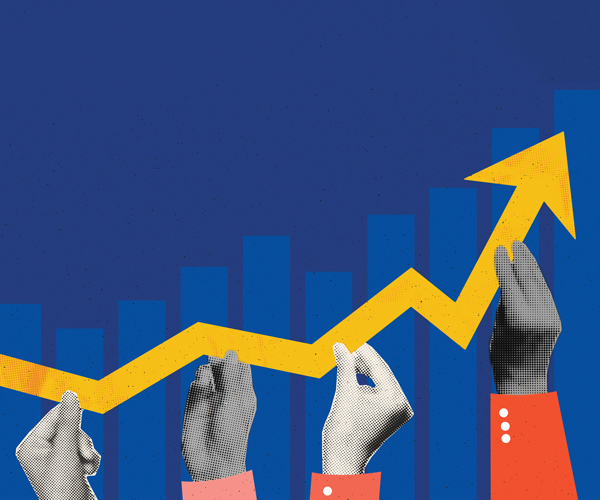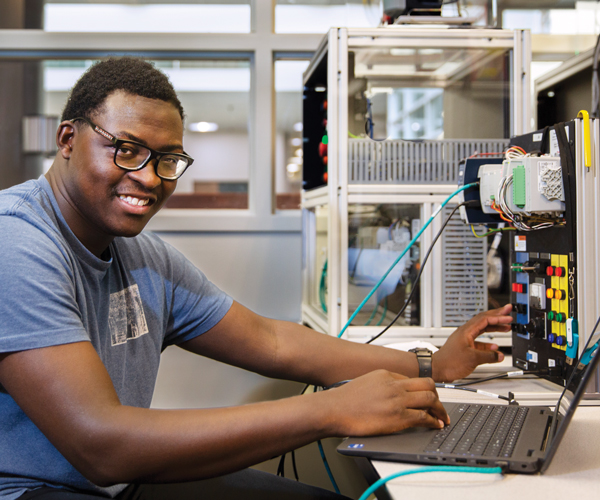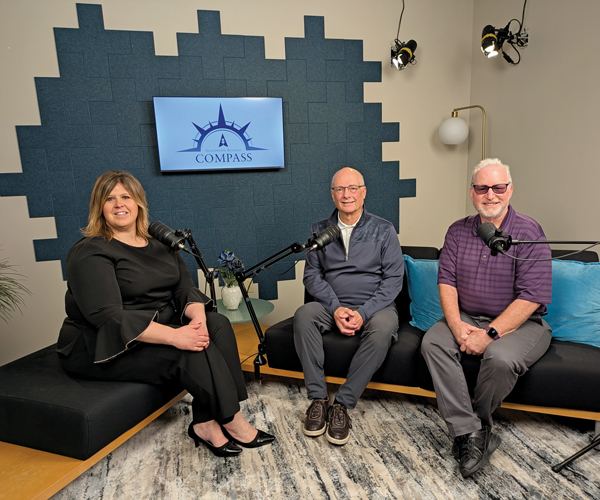In a year when gay and transgender rights were under attack, Phyllis “Seven” Harris, the executive director of Cleveland's LGBT Center, has been a steadying force for the community. While President Trump was declaring the need for a ban on transgender serving in the military and some prominent pastors and business owners were speaking out against a proposed county ordinance that would protect the LGBTQ community from discrimination, Harris was busy helping lead one of the city’s largest Pride parades, presiding over a $6 million dollar campaign to build a new LGBT community center in Gordon Square and empowering the community to speak up and be proud. “We are staying visible despite this environment where people are emboldened to be more out about their bigotry,” Harris says. Power, she says, comes from resistance.
Practicing What She Preaches: Harris says she feels a responsibility to bring her full identity to meetings and social gatherings. “I’m always the one at the meeting who will use the word ‘lesbian,’” Harris says. “It’s not because that’s what I want people to know about me first — though it's a huge part of my identity, and I’m proud of it — but because I want to normalize the fact that there are people who don't have a heteronormative perspective on things.”
Strength in Numbers: Harris does not believe power is a solo thing. “People are only powerful when they have allies, when other people with spheres of influence and power lift you up,” she says.
Victory Comes with a Price Tag: In September, with the LGBT Center’s support, Cuyahoga County passed an anti-discrimination ordinance that made it illegal for any business to discriminate against any person based on their sexual orientation or gender identity. But the hearings got contentious. “Listening to folks feeling so righteous in their perspective about why we shouldn’t have any protections was really hard,” she says. “I’m glad I was there — not just as a representative of the center — but as a reminder the work is far from over.”




